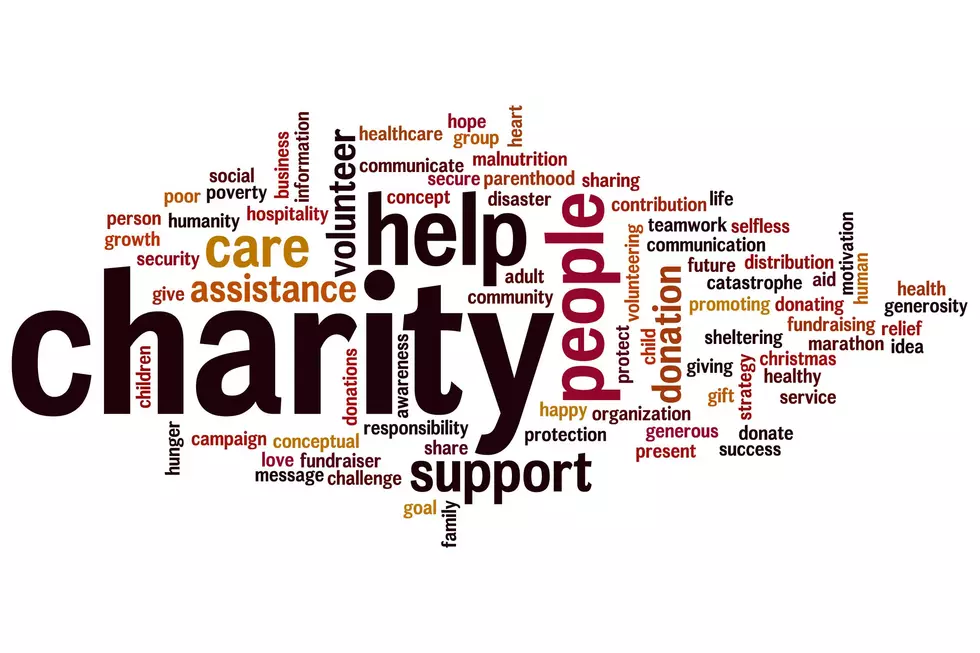
Payday Loans Can Turn Financial Insecurity into Disaster
Consumers that find themselves cash-strapped may look for payday loans to help bail them out of a hole.
However, if you are not careful, these loans can make financial matters worse as they often have high interest rates and high-pressure collection tactics.
BBB advises consumers to make sure they understand the risks associated with them. Payday lenders tend to appeal to people whose credit may not be good enough to obtain a credit card or bank loan, and therefore need to rely on short-term loans to get by. What borrowers may not realize is that high interest rates can lead them into a “debt cycle” which forces them to repeatedly renew the loan and pay new fees every two weeks until they can finally save enough to pay off the principal and get out of debt.
Before applying for payday loans, the BBB suggests the following:
- Payment Plan: Try to make your current situation more manageable by renegotiating your current debts with payment plans.
- Personal Loans from a bank or credit union: They will be a cheaper alternative.
- Credit card cash advance Relying on a credit card cash advance is never a cheap option, though it's likely to be better than a payday loan. Most issuers will charge a percentage of the advance as a fee, usually around 5 percent, with a minimum of $5 to $10.
- Paycheck advance: Some companies have employee assistance programs that can help employees in need.
- Credit counseling: If your financial situation is out of control, consumer credit counseling can help you analyze your debt.
- 401(k) loan: You may also consider borrowing from your own retirement or 401(k) account. As long as you repay the loan on schedule (including interest) and follow all the requirements of the loan, you shouldn’t incur any taxes or penalties.
If you must use a payday loan, BBB has this advice:
- All loan companies are not the same: Check out the company’s BBB Business Profile to see its rating, history of complaints and other information.
- Never pay an upfront fee: Some short-term loan providers will ask for a post-dated check to cover the amount you borrowed plus interest and fees. However, if any lender asks for those fees in cash before giving you any money, walk away.
- Limit the amount you borrow: Only borrow what you know you can pay off with your first paycheck
- Know your rights: Payday lenders are required to disclose certain information before initiating a loan. That information includes the cost, the interest rate to be paid, and the specific fees that will be paid.
- Read the fine print: Pay close attention to fees and consequences of non-payment.
- Keep your documentation: Many consumers said they started receiving calls from collections agencies years after they paid off a payday loan. Some of these calls were simple errors; others were attempts by scammers to collect a debt that is not owed. Protect yourself by having documentation that all loans were paid in full.
- Know where to turn: If you feel a lender has committed fraud or taken advantage of you, file a complaint with BBB and the FTC.
Press release provided by the Better Business Bureau Northwest + Pacific
More From NewsRadio 560 KPQ









